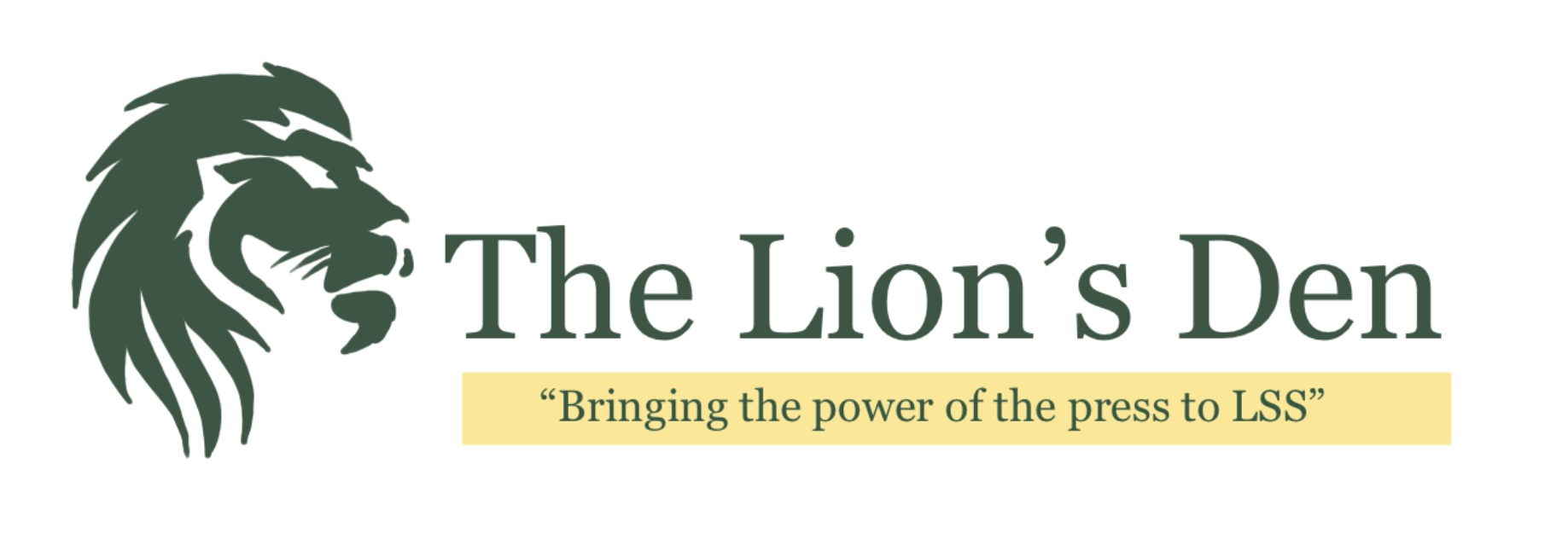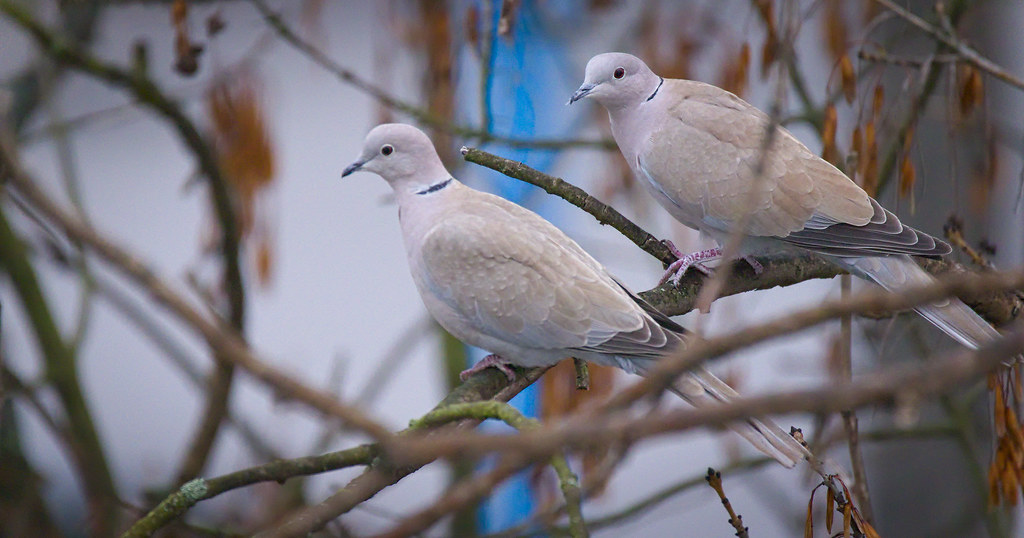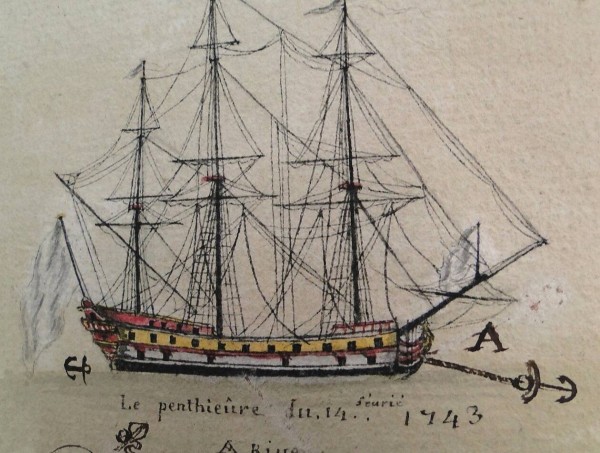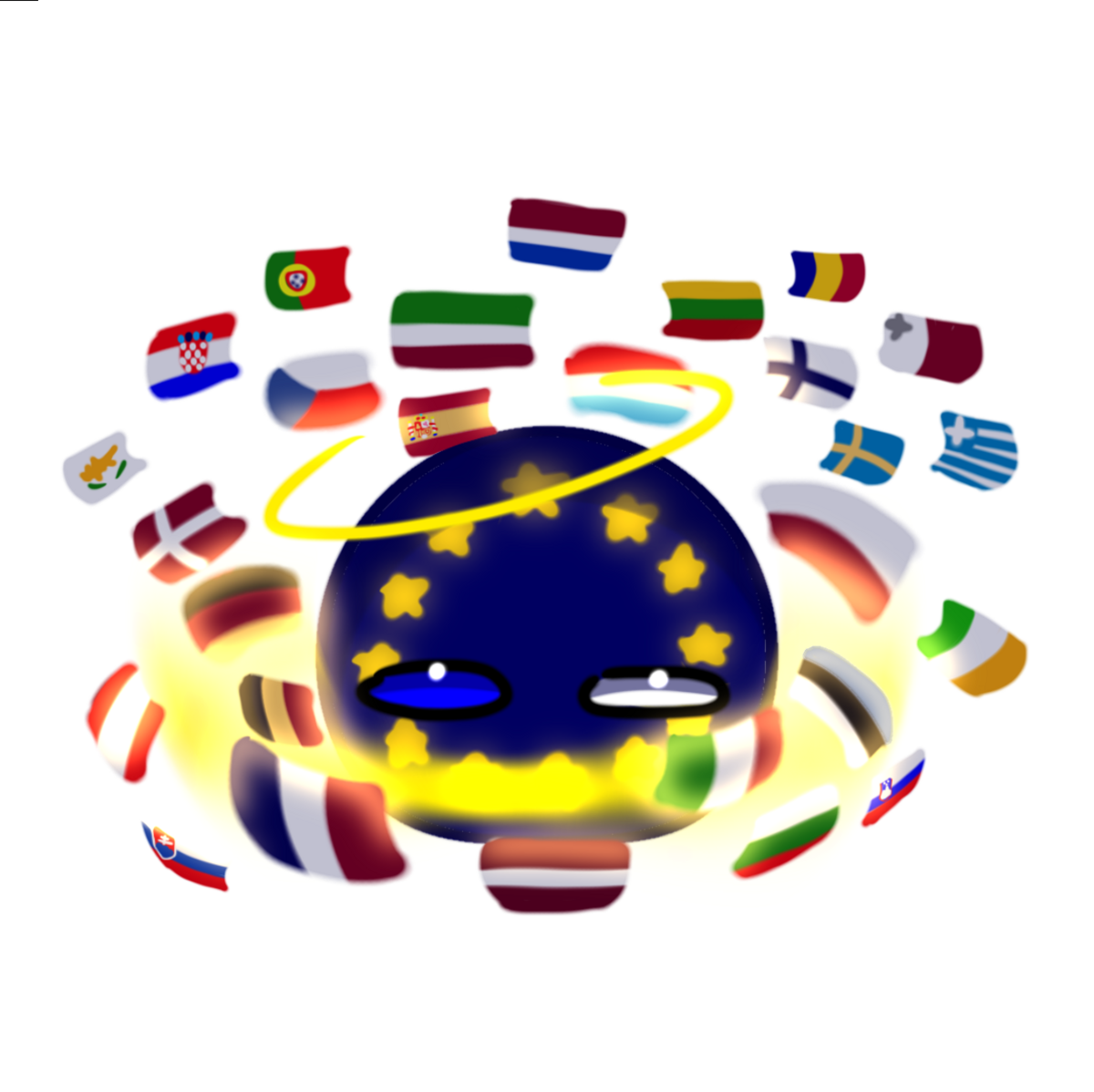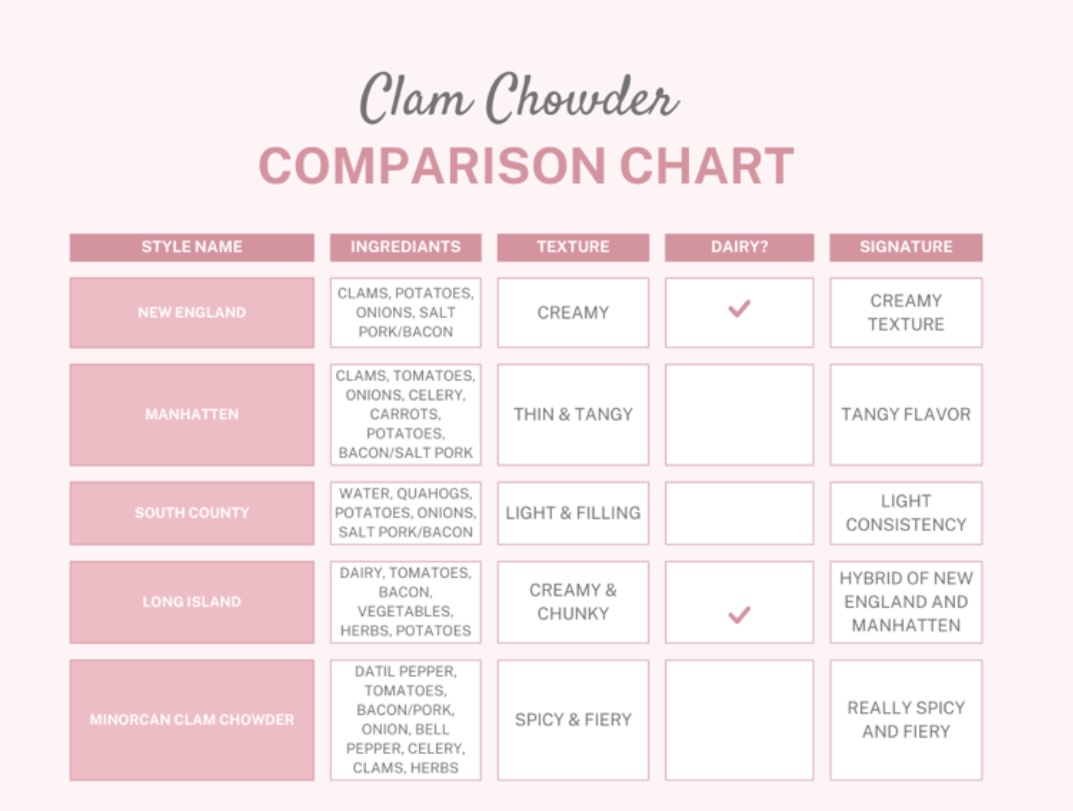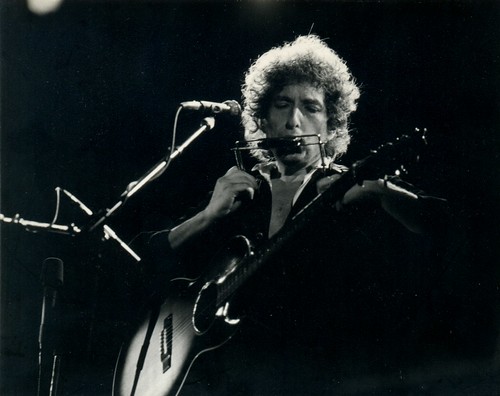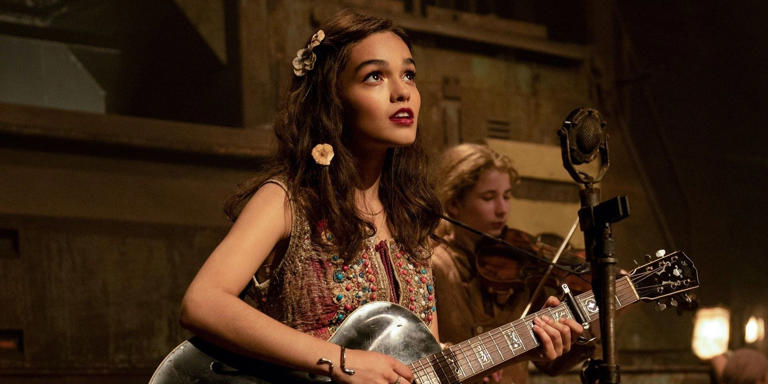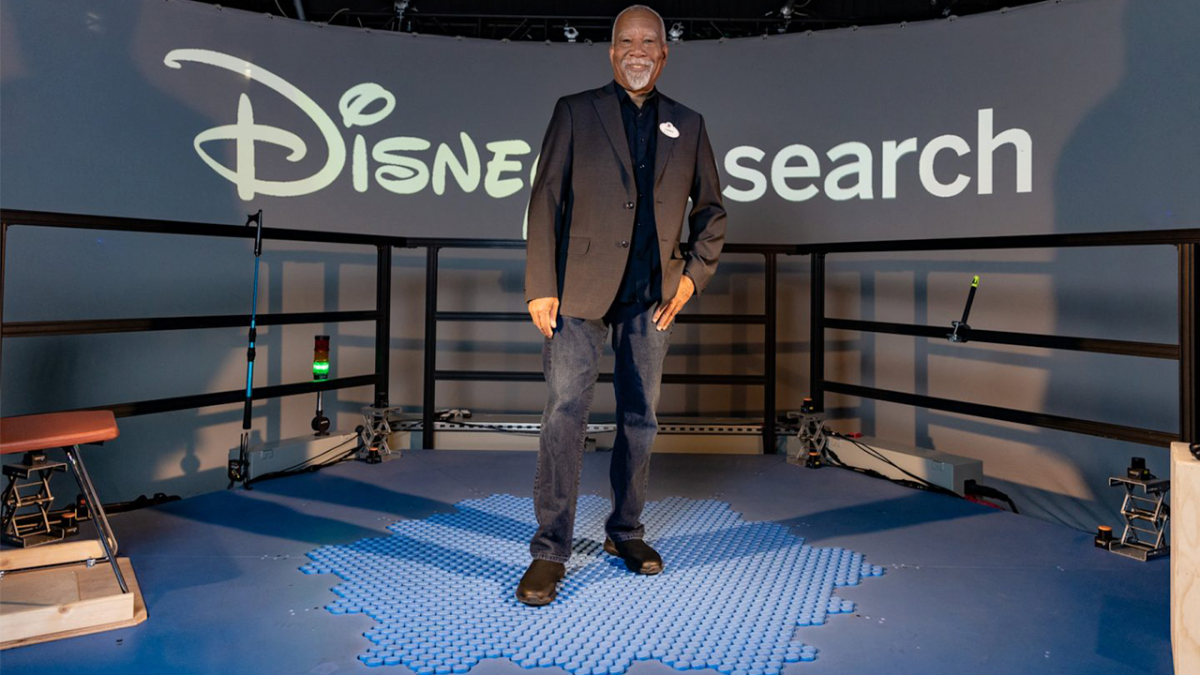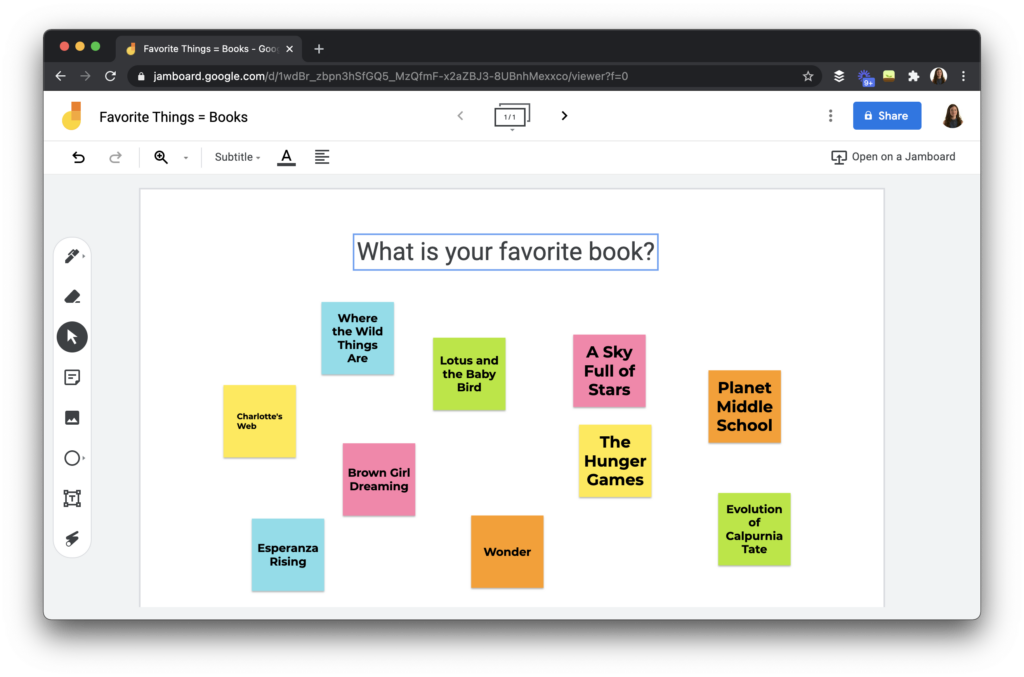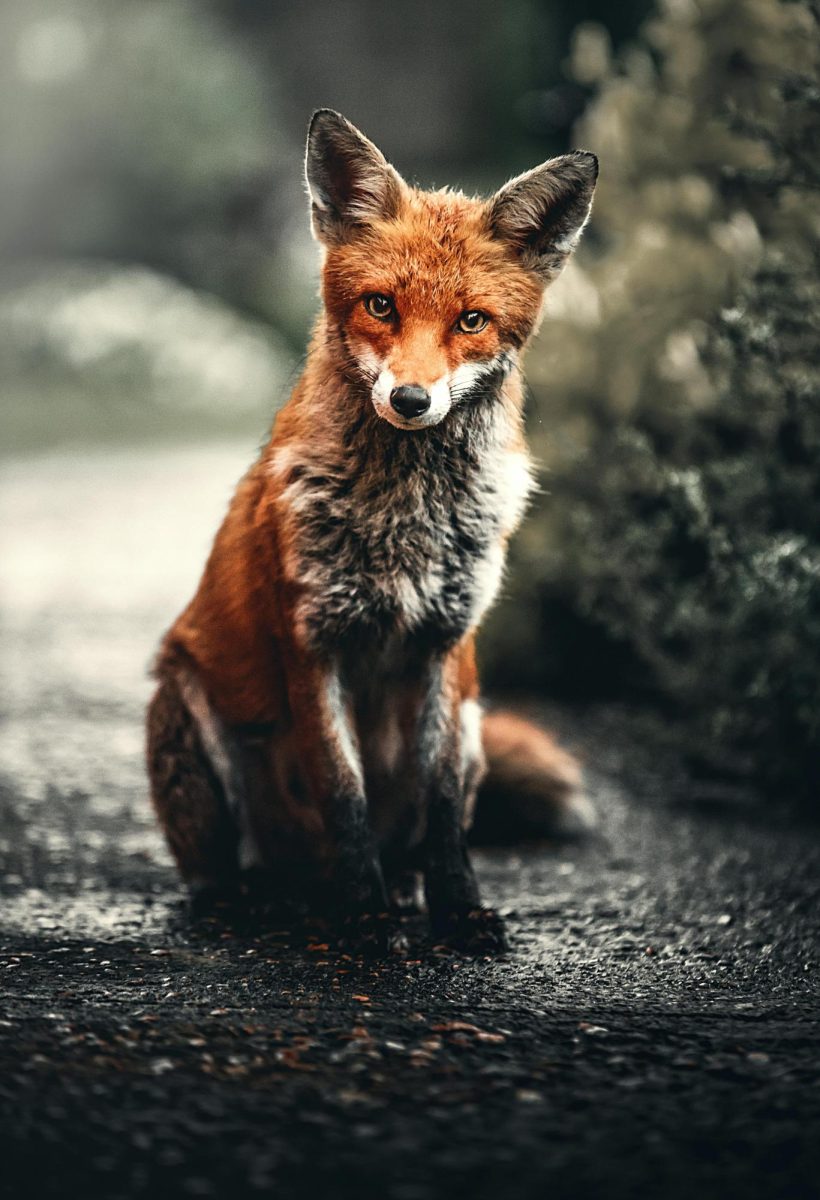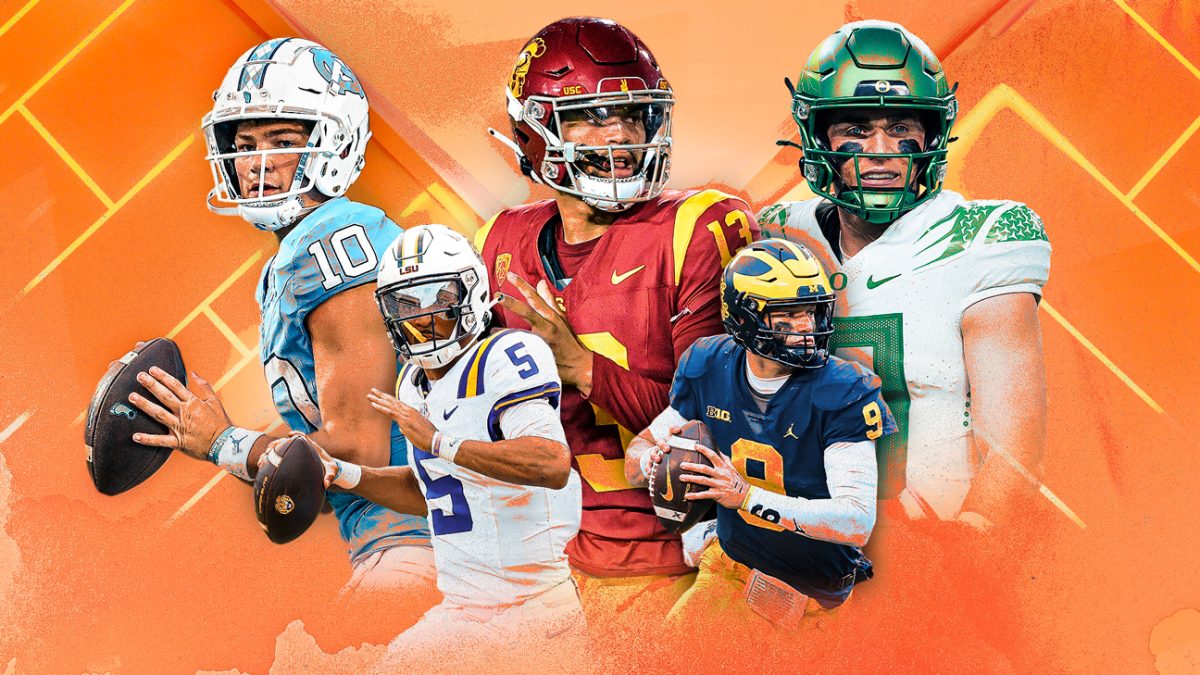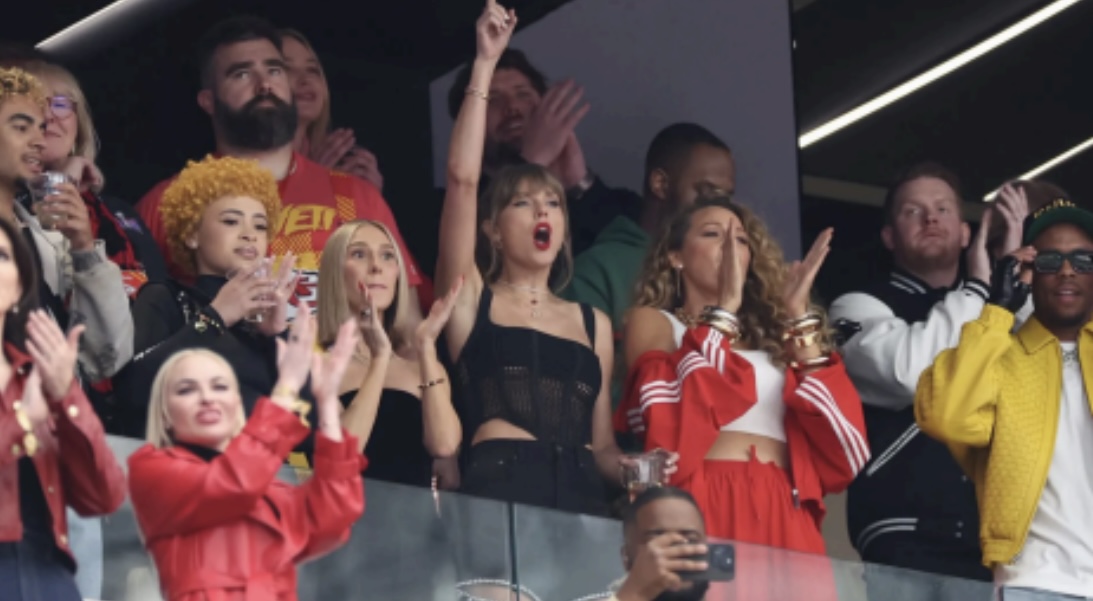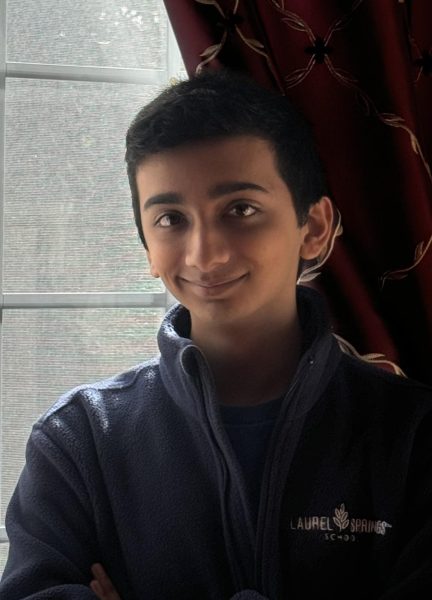One notable drawback to online school is that socialization, which is essential for social-emotional development, is far rarer. Thankfully, LSS has been able to address this by creating a lively online social community of social events, clubs, and student government opportunities. It’s in these places that many students, including myself, have formed meaningful friendships, and I’ll forever be grateful for the ability to socialize with fellow online students in safe spaces. However, not everyone that you meet, online or in person, is necessarily beneficial to your development. It’s important to surround yourself with people who challenge you, care for you, and are willing to grow along with you. The people you associate with can be classified into four categories: doves, crows, canaries, and vultures. Each of these “birds” has a unique role in your social ecosystem, shaping who you are and how you grow. It’s crucial that you find a flock that benefits you by being supportive and constructively challenging your ideas.
It’s easy to surround yourself exclusively with doves, those who agree with everything you say and are eternally supportive. They provide comfort, are endearingly loyal and reliable, and they typically share many opinions with you. However, therein lies the issue; doves don’t challenge you. They can’t constructively dispute your perspectives and viewpoints because they have them as well. It’s still important to have dove friends because they’re kind and great sources of positivity, but it’s similarly vital to not exclusively have doves as friends because an echo chamber is then created. The beliefs you share, the prejudices you have, the preferences you possess, and every other congruent aspect between you and all of your dove friends are intensified the more you exclusively interact with the group. This intensification creates an insular environment where you and all of your friends stop challenging each other and begin alienating others that you disagree with. The unconditional support that they provide can lead them to encourage you when you commit wrongdoings just as much as they do when you do the right thing.
When you surround yourself with enough doves in an insular environment, they eventually become crows. While doves are well-intentioned and not innately toxic, crows are toxic. They’re rigid in their opinions and are often quick to ostracize anyone who disagrees with them, even on the smallest matters. It’s vital to cut crows out of your life; they are detrimental to how you see anybody who isn’t a crow or disagrees with you on certain topics. Without anyone to offer nuance or remotely challenge your views, you begin to turn into a crow yourself with a shallow understanding of the issues that you’re most passionate about. Crows foster division, isolate you from others, and do not challenge you.
Canaries, on the other hand, do challenge you. The antithesis to crows, they allow you to voice your opinions and sentiments in a safe space while conveying the importance of disagreements. Most importantly, however, they’re as supportive as doves but are unafraid of calling you out if you say or do things that don’t align with your morals. Starting in the late 19th century, canaries were used in coal mines to detect carbon monoxide. They warned against danger from the mines. In a similar way, canary friends warn against the danger from within you. It’s easy to make the wrong decision on occasion. While doves would encourage this behavior and crows would urge you to estrange those who oppose you, canaries tell you what they genuinely think of your behavior. Canaries are indispensable as friends because they keep you open-minded, aware of your own fallibility, and friendly with more people of varying ideologies, even if they conflict with your own.
Unfortunately, there exists a fourth category. Crows, for their many faults and toxicity, still support you and want what they think is best for you. Vultures, on the other hand, are more actively malevolent. They’re manipulative, selfish, and only exploit you for their own benefit. Most vultures want attention, and will often attempt to lie, make extremely inadvisable decisions, and manipulate those around them to gain more attention (most don’t care if the attention is negative or positive). They don’t offer anything in the friendship, only feigning interest in you so that you’ll pay them more attention and more energy. While doves and crows genuinely agree with your beliefs, vultures will say that they agree with you in an effort to ingratiate themselves with you, which has an equally negative effect on how you perceive those with opposing views. Over time, they erode your self-respect and trust in all of your friends, even though only they are untrustworthy. In this way, it’s easy for vultures to push you to in turn push others away. In some cases, you may become a vulture yourself because you become just as attention-hungry as them.
The world is abound with a variety of perspectives on a variety of issues, which makes it yet more crucial that you’re aware of which category each of your friends belongs to, the consequences of your own actions, the ideas you’re exposed to, and (more urgently) the ideas that you’re not exposed to. Vultures and crows may be different in many ways, but they both have a common consequence: Over time, both crows and vultures can push you toward becoming like them, narrow-minded, divisive, and self-serving. Surrounding yourself with canaries and, to a lesser extent, doves will allow you to properly develop your ability to form your own opinions, listen to others, and maintain healthy and supportive dynamics with those you care about. That doesn’t mean that you should specifically befriend people who disagree with you. Canaries constructively challenge and support you. Some people who disagree with you (and are vocal about it) aren’t aiming for a productive discourse, however. Instead, they’re vultures, simply seeking more attention and energy from others by arguing.
It’s extremely important to understand which category each of your friends fits into. Doves can be identified by their unwavering support, kindness, and positivity. Crows can be recognized by their quickness to judge those who disagree with them, their rigidity in their beliefs, and their closest friends being crows. If someone consistently encourages you to reflect on your decisions and stay accountable for your actions, they’re probably a canary. Vultures act out, lie, drain your energy, undermine your self-worth, and only seem to be interested in themselves. Be aware of how the different birds act so that you can befriend those who will have a good effect on you, cut out those who won’t, determine the category that you belong to, and take action to become a canary if you’re not already. As you reflect on your friendships, ask yourself: Are you part of a flock that supports and challenges you or one that holds you back?
